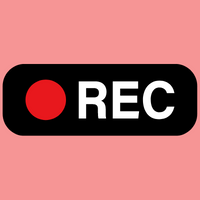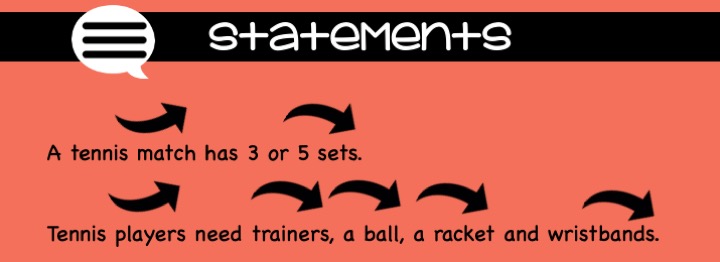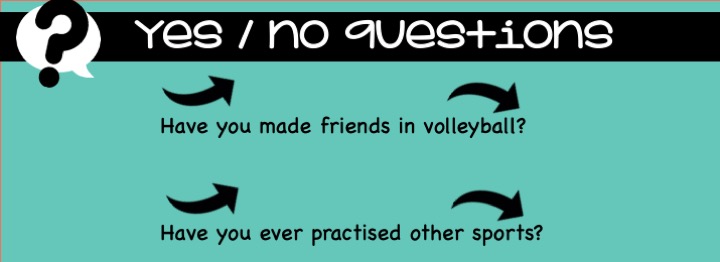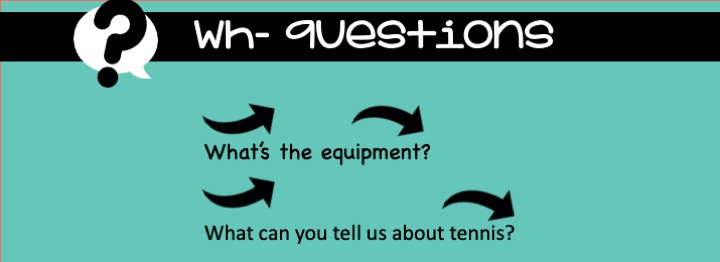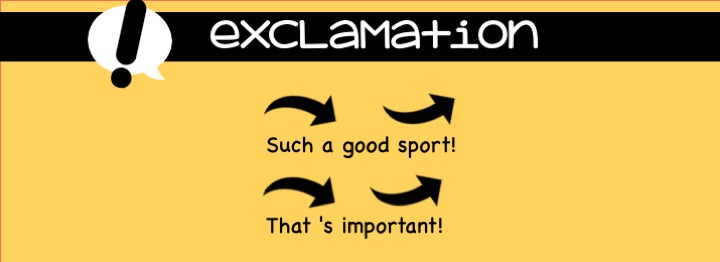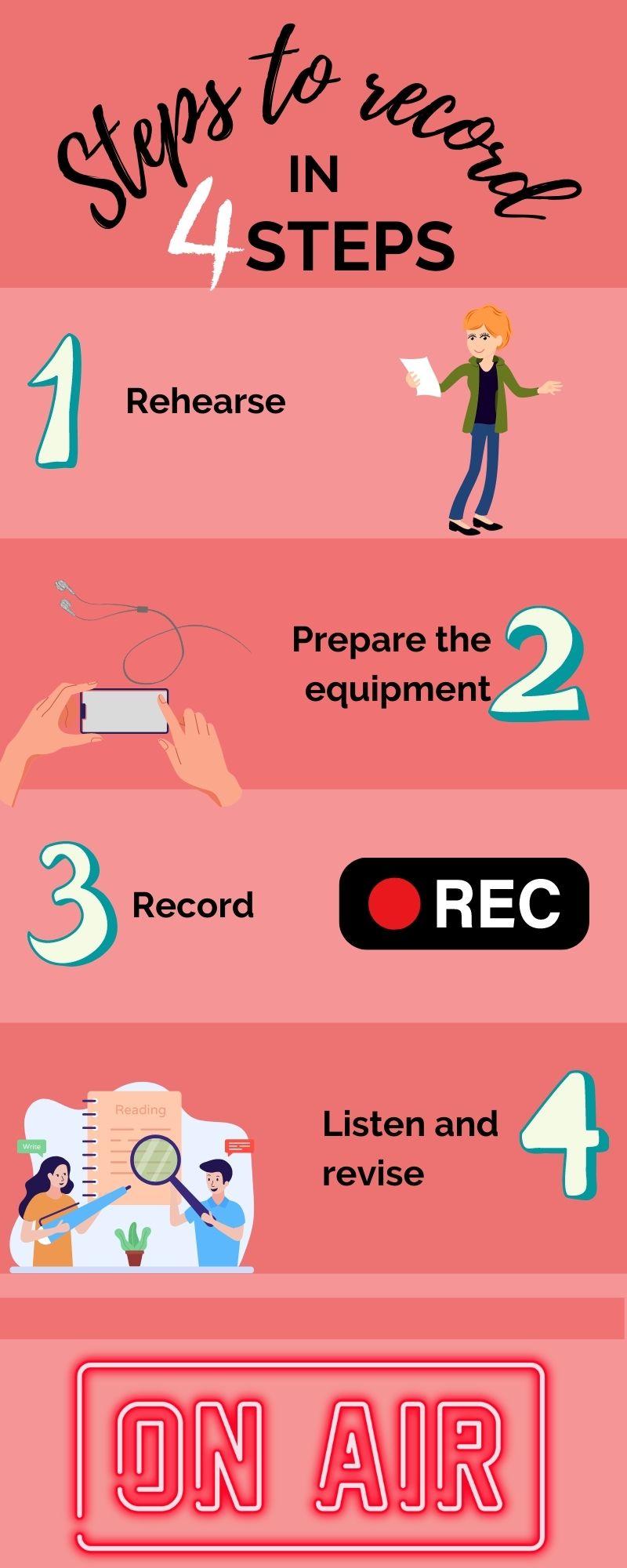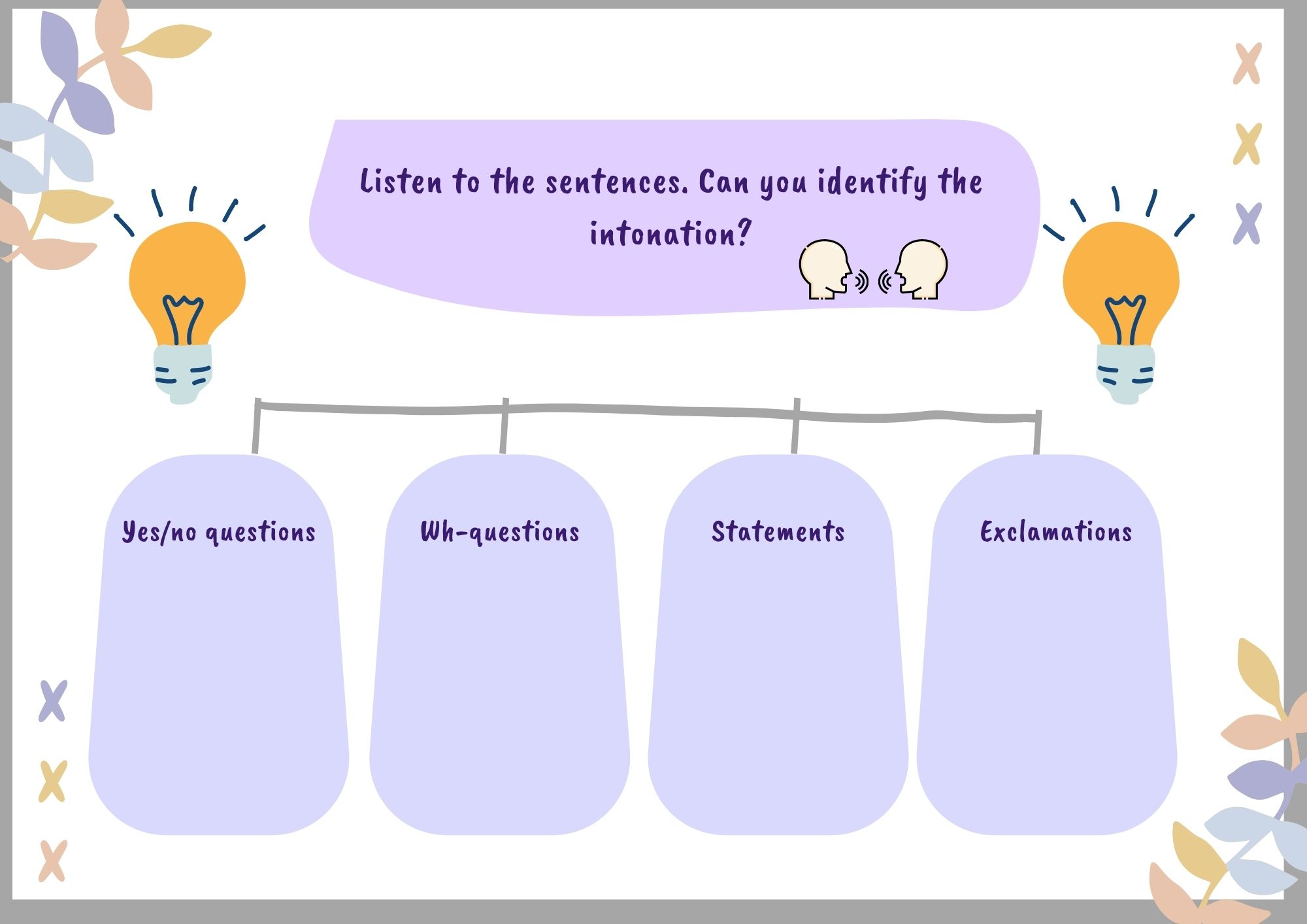Presenter: Welcome to The Ace Podcast. Today’s guest is Simona Williams, a top tennis player. We will talk about tennis, the most famous racket sport.
Guest: Hello, thank you for inviting me.
Presenter: What can you tell us about tennis?
Guest: Tennis is an Olympic sport. The objective is to hit the ball with a racket so the opponent can not return it. There are four main tennis tournaments: Australia Open, US Open, Wimbledon and Roland Garros.
Presenter: Such a good sport! How many modalities are there?
Guest: Well. You can play tennis on grass, clay or hard courts. The two modalities are four-player tennis and two-player tennis. Four-player tennis is called doubles, and two-player tennis is called singles.
Presenter: What are tennis rules?
Guest: A tennis match has 3 or 5 sets. A set has 6 games. And a game usually has 4 points (15, 30, 40, game). If the ball touches the ground out of the white lines, they are missed points.
Presenter: Oh, wow! That’s interesting! What’s the equipment?
Guest: You play tennis on a rectangular court with a net in the middle. Tennis players need trainers, a ball, a racket and wristbands.
Presenter: That’s important! What are your healthy habits?
Guest: Tennis is usually a lonely sport. You need a healthy mind and a lot of physical practice in tennis. I always read a lot about tennis, train every day and spend time with my family.
Presenter: That’s good! Well, thank you everyone for listening! It is time to say goodbye to our guest! Good luck in your next competition.
Guest: Thank you, bye everyone!
Presenter: I hope you liked this episode! We will be back. Bye bye!



